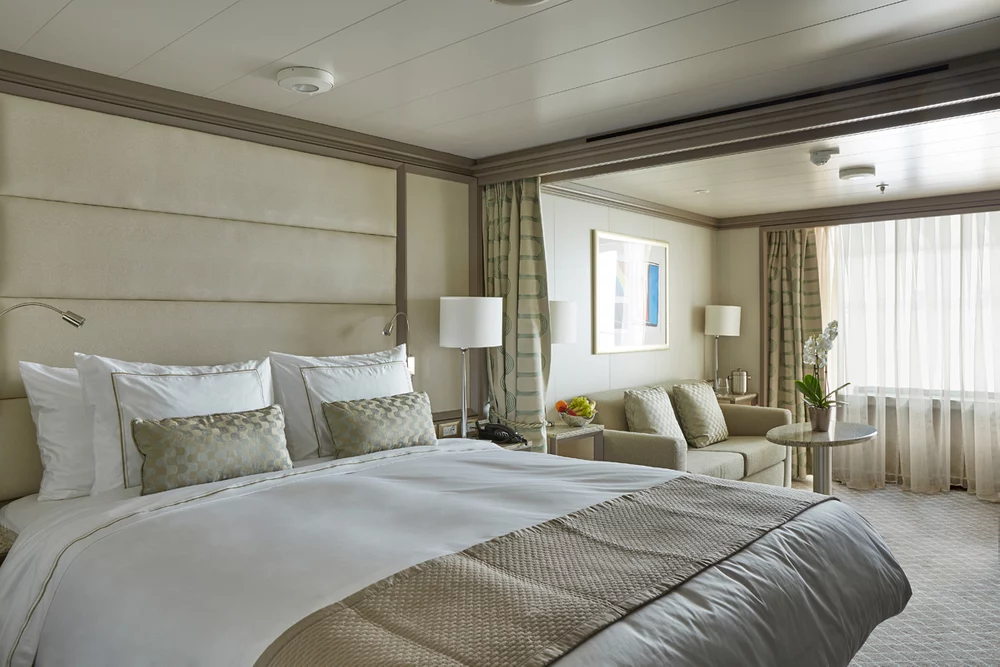Lisbon to Barcelona
- 25 Oct ‘26
- 7 nights
- Departing from Lisbon
- Silver Dawn
-
Inside price fromCall for price
-
Outside price fromCall for price
-
Balcony price fromCall for price
-
Suite price from$9,900*/pp
YOUR ITINERARY
Lisbon - Portimao, Portugal - Cadiz, Spain - Gibraltar - Malaga, Spain - Cartagena, Spain - Valencia, Spain - Barcelona, Spain
























Lisbon, the capital of Portugal, is a city open to t...
Located on the estuary of the Arade River, Portimao has made it...
More than a hundred watchtowers gaze out across the waves su...
Gibraltar is the famous promontory located at the western e...
Situated on Spain’s Costa del Sol, Malaga is the regio...
On the crossroads of mighty cultures, this Murcian p...
Valencia is Spain’s third largest city and c...
The infinite variety of street life, the nooks and crannie...
YOUR SHIP - The Silver Dawn
A new world of luxury is waiting aboard Silver Dawn. Both classic yet modern, Silver Dawn is the natural evolution of our fleet. Large enough to offer eight dining options – including the superb Sea and Land Taste (S.A.L.T.) programme – yet small enough for the famed Silversea on board ambience, Silver Dawn inherits the best features of her sister ships Silver Muse and Silver Moon, but is in a class all of her own. Sumptuous suites, outstanding itineraries plus cutting-edge design and technology, Silver Dawn sets new standards of luxury. Let’s wake up to a new dawn with Silversea.
Description
A new world of luxury is waiting aboard Silver Dawn. Both classic yet modern, Silver Dawn is the natural evolution of our fleet. Large enough to offer eight dining options – including the superb Sea and Land Taste (S.A.L.T.) programme – yet small enough for the famed Silversea on board ambience, Silver Dawn inherits the best features of her sister ships Silver Muse and Silver Moon, but is in a class all of her own. Sumptuous suites, outstanding itineraries plus cutting-edge design and technology, Silver Dawn sets new standards of luxury. Let’s wake up to a new dawn with Silversea.


